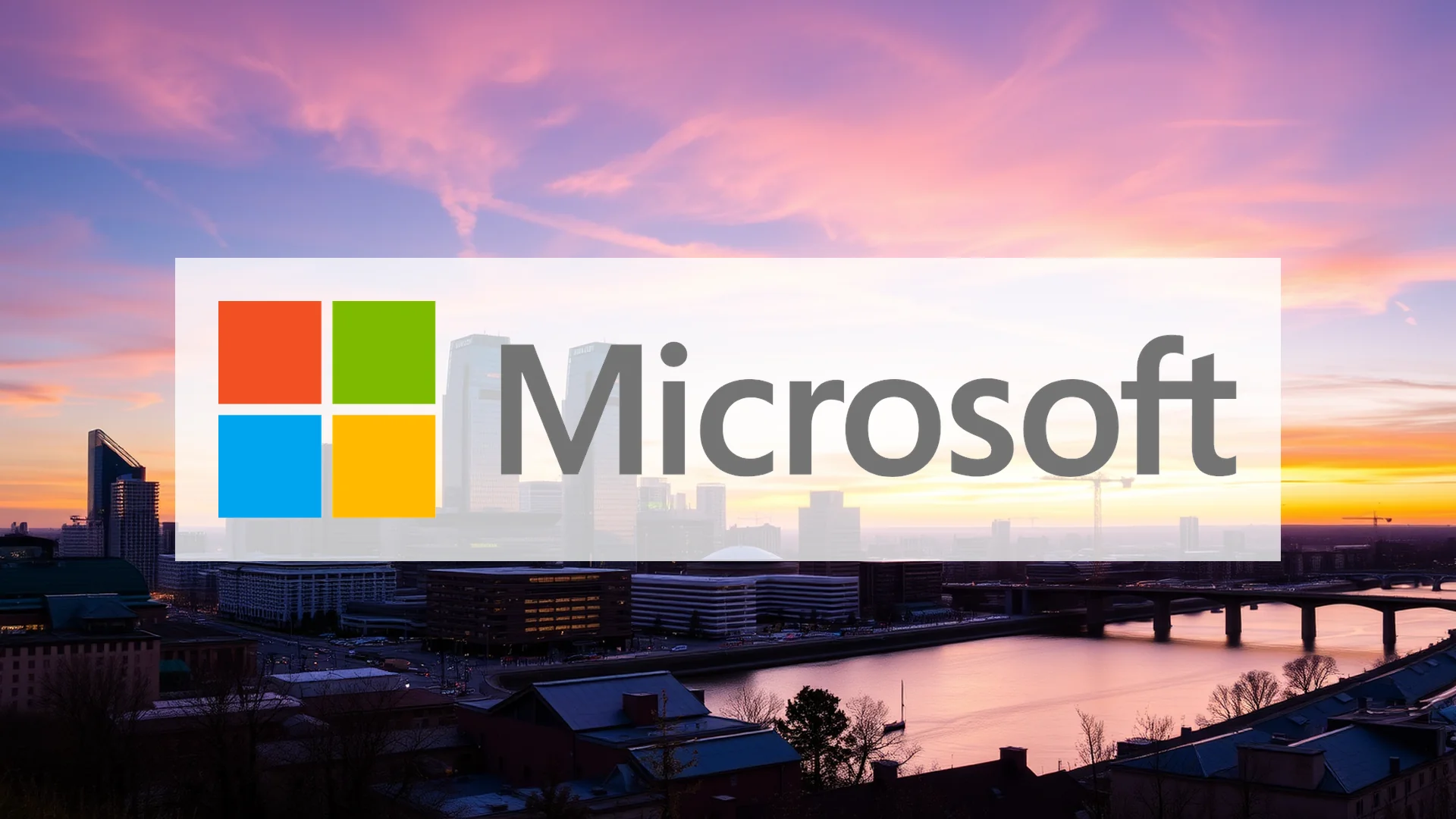Microsoft delivered a quarterly performance that showcased both impressive growth and concerning cost trends. The technology behemoth reported revenue and earnings that handily surpassed Wall Street’s projections, yet saw its shares decline in after-hours trading as investors focused on the margin pressure from massive artificial intelligence investments.
Financial Performance Exceeds Expectations
The company posted $77.7 billion in revenue for the quarter, representing an 18% year-over-year increase and comfortably exceeding analyst forecasts. On the profitability front, Microsoft reported earnings of $4.13 per share, significantly higher than the $3.67 per share that market experts had anticipated.
Despite these strong results, investor reaction was muted, with shares retreating in extended trading. The divergence between fundamental performance and market response highlights growing concerns about the cost structure of Microsoft’s aggressive push into artificial intelligence technologies.
Cloud Division Powers Growth Momentum
Microsoft’s cloud computing segment continued to demonstrate robust expansion, generating $30.9 billion in revenue—a 28% increase that surpassed expectations. The Azure cloud platform stood out with particularly strong momentum, recording 40% growth that exceeded projections.
Should investors sell immediately? Or is it worth buying Microsoft?
Several key drivers are fueling the cloud business acceleration:
– Ongoing enterprise migration to cloud infrastructure
– Rising corporate demand for AI-enhanced cloud services
– Successful integration with Microsoft’s productivity software solutions
Strategic Investments Weigh on Margins
The company’s substantial commitment to artificial intelligence became evident through a $3.1 billion special charge related to its OpenAI partnership, which reduced net income by 41 cents per share. This significant expenditure underscores the enormous financial resources Microsoft is deploying to maintain its competitive position in the AI landscape.
Chief Financial Officer Amy Hood indicated that spending would continue to escalate, with planned heavy investments in AI infrastructure, data center expansion, and cloud capacity enhancements. This outlook has raised questions among investors about the timeline for returns on these substantial capital outlays and their ongoing impact on profitability.
The market’s reaction reflects a broader challenge facing major technology companies: balancing necessary massive investments in emerging technologies like artificial intelligence against growing investor impatience for tangible returns on these expenditures.
Ad
Microsoft Stock: Buy or Sell?! New Microsoft Analysis from February 7 delivers the answer:
The latest Microsoft figures speak for themselves: Urgent action needed for Microsoft investors. Is it worth buying or should you sell? Find out what to do now in the current free analysis from February 7.
Microsoft: Buy or sell? Read more here...










